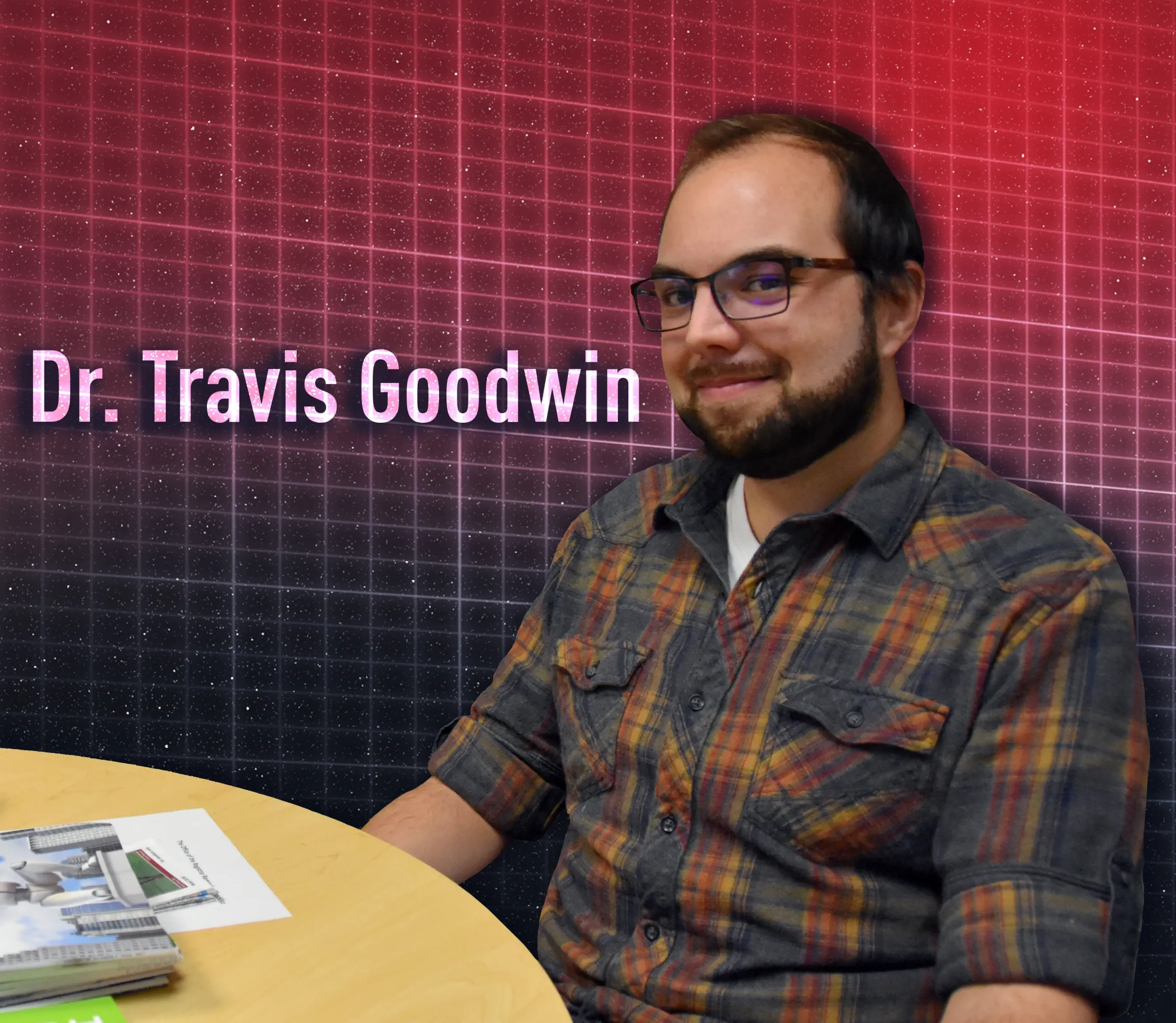UT Dallas CS PhD Graduate, Dr. Travis Goodwin, Awarded 1st Place in the Doctoral Dissertation Competition of the 2019 American Medical Informatics Association

Dr. Travis Goodwin a recent computer science Ph.D. graduate at UT Dallas has been awarded the first prize in the doctoral dissertation competition of the American Medical Informatics Association (AMIA’19) for his paper “Medical Question Answering and Patient Cohort Retrieval.”
Dr. Goodwin’s research is supervised by Dr. Sanda Harabagiu, Director of the UT Dallas Human Language Technology Research Institute (HLTRI), CS Professor, and Research Initiation Chair in the Erik Jonsson School.
AMIA recognizes the critical importance of fostering the development and discovery of new informatics science as well as the recognition and support of AMIA members who will grow the field and become the next generation of informatics leaders. This talent is nurtured in graduate and doctoral research programs.
The AMIA Doctoral Dissertation Award offers high-value and prestigious recognition for the top doctoral dissertation each year that contributes to the science of informatics in any biomedical application domain or domains. This year, the AMIA committee received 18 nominations, all of which were thoroughly reviewed. The committee selected five finalists whose dissertations were assessed by all members of the committee.
In Dr. Goodwin’s dissertation, “Medical Question Answering and Patient Cohort Retrieval,” Dr. Goodwin presented research that unlocked knowledge encoded in clinical texts by automatically (1) identifying clinical texts relevant to a specific information need and (2) reasoning about the information encoded in clinical text to answer medical questions posed in natural language. Moreover, Goodwin’s dissertation presented a number of approaches for overcoming some of the most significant complexities of processing electronic health records. Dr. Goodwin presented new approaches for (1) modeling the temporal aspects of electronic health records; (2) inferring underspecified information and recovering missing sections of records; and (3) applying machine learning to learn an optimal set of relevance criteria for a specific set of information needs and collection of clinical texts. Combined, this work demonstrated the importance of harnessing the natural language content of electronic health records and highlighted the promise of medical question answering and patient cohort retrieval for enabling more informed patient care and improved patient outcomes.
This is the third research paper for which Goodwin has been awarded a prestigious award at a conference. In 2016, the paper “Medical Question Answering for Clinical Decision Support,” co-authored with Harabagiu, received the Best Student Paper Award from the ACM International Conference on Information and Knowledge Management. In 2017, Dr. Goodwin and Dr. Sanda Harabagiu received the Homer R. Warner Award at the American Medical Informatics Association’s (AMIA’17) Annual Symposium for their paper, “Inferring Clinical Correlations from EEG Reports with Deep Neural Learning,” in which Dr. Goodwin was the lead author.
Dr. Travis Goodwin received his Ph.D. under the supervision of Dr. Sanda Harabagiu in the Human Language Technology Research Institute (HLTRI) during the spring of 2018. Goodwin earned his bachelor’s and master’s degrees in computer science also from UT Dallas. Currently, Dr. Goodwin is a Postdoctoral Research Fellow at the National Library of Medicine (NLM) in Bethesda, Maryland.
Dr. Goodwin will receive his award at the AMIA 2019 Annual Symposium in Washington. D.C., November 16-20. He will also share a semi-plenary session at which he will present his research work.
ABOUT THE UT DALLAS COMPUTER SCIENCE DEPARTMENT
The UT Dallas Computer Science program is one of the largest Computer Science departments in the United States with over 2,800 bachelors-degree students, more than 1,000 master’s students, 190 Ph.D. students, 52 tenure-track faculty members, and 41 full-time senior lecturers, as of Fall 2018. With The University of Texas at Dallas’ unique history of starting as a graduate institution first, the CS Department is built on a legacy of valuing innovative research and providing advanced training for software engineers and computer scientists.




